Epidemics of Injustice
This annual course, with lectures free and open to the public, prepares public health leaders and community members with the tools to bring about social change and address structural determinants of health. All course meetings will take place virtually, convening each Monday during the spring semester (excluding spring break) from 6:00-8:00 p.m. CST, beginning January 13, 2025.
Epidemics of Injustice is led by the Radical Public Health student group and sponsored by the Division of Community Health Sciences at the UIC School of Public Health. Please visit the course site HERE for the latest updates and announcements.
How to participate
-
UIC students
UIC students can enroll through the course catalogue in IPHS 430: Epidemics of Injustice.
-
Community members
Register HERE by self-selecting which class sessions you want to attend.
-
Video archive
If you miss a class, we’ll upload the full videos from 2025 to the Radical Public Health YouTube channel. View 2024 recent course archives. View 2023, 2022 and 2021 older course archives.
2025 Course Schedule
-
January 13
Introduction to Health equity and Fugitivity with Dr. Linda Rae Murray.
-
January 20
No class – MLK Jr. Day.
-
January 27
Fugitivity under Racial Capitalism with Dr. David Stovall.
-
February 3
Reflection & discussion for UIC registered students only.
-
February 10
Freedom Fighting as a Fugitive Activity with Dr. Richard David.
-
February 17
Immigration as a Fugitive Activity with Drs. Naomi Paik and Nadine Naber.
-
February 24
Shared Liberation as a Fugitive Activity with panelists: Leone Jose Bicchieri from Working Family Solidarity and Chris Rudd from ChiByDesign.
-
March 3
Reflection & discussion for UIC registered students only.
-
March 10
Power Mapping action lab with Sari Bilick from Public Health Awakened.
-
March 17
Root Cause Analysis action lab with Radical Public Health.
-
March 24
No class – UIC spring break.
-
March 31
Reflection & discussion for UIC registered students only.
-
April 7
Education as a Fugitive Activity – speaker TBD.
-
April 14
Reproductive Justice as a Fugitive Activity – speaker TBD.
-
April 21
Healthcare as a Fugitive Activity – speaker TBD.
-
April 28
Reflection & discussion for UIC registered students only.
Class speakers
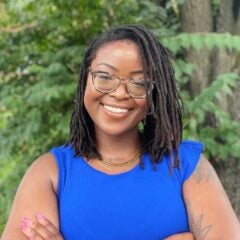
Tiffany N. Ford (she/her), instructor of the Epidemics of Injustice course, is an Assistant Professor in the Community Health Sciences division at the UIC School of Public Health. Her research explores how anti-Black structural racism operates via policy, governance, and social norms to unequally distribute the resources that contribute to subjective well-being. Specifically, Dr. Ford is interested in place-based policy and practice interventions to support health status, financial security, and social support and relationships, three core determinants of subjective well-being, for people racialized as Black. She is the director of the Black Feminist Policy Lab at UIC, an abolitionist, queer Black feminist learning community that centers love, equity, and truth in the development of a policy agenda to support people racialized as Black in the U.S..
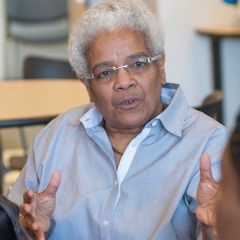
Dr. Linda Rae Murray has spent her career serving the medically underserved. She has worked in a variety of settings including Medical Director of the federally funded health center, Winfield Moody, which served Cabrini Green Public Housing Project in Chicago, Residency Director for Occupational Medicine at Meharry Medical College and Bureau Chief for the Chicago Department of Health under Mayor Harold Washington. Dr. Murray is the recently retired Chief Medical Officer for the Cook County Department of Public Health. She also practiced as a general internist at Woodlawn Health Center, was an attending physician in the Division of Occupational and Environmental Medicine at Cook County Hospital and is an adjunct Assistant Professor at the University of Illinois at Chicago (UIC) School of Public Health (Occupational & Environmental Health and the Health Policy & Administration departments). Dr. Murray plays a leadership role in many organizations including the National Association of City and County Health Officers Health Equity and Social Justice Team, the national executive board of American Public Health Association and serves on the board of the Chicago based Health and Medicine Policy Research Group. In 2011, Dr. Murray served as President of the American Public Health Association. She is the Co-Chair for the Urban Health Program Community Advisory Committee at UIC. Dr. Murray has been a voice for social justice and health care as a basic human right for over forty years. She remains passionate about increasing the number of Black and Latino health professionals.
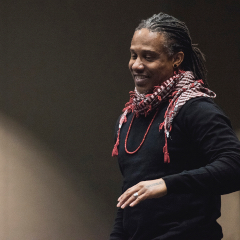
David Stovall, PhD, is a professor in the departments of Black Studies and Criminology, Law & Justice at the University of Illinois at Chicago (UIC). His scholarship investigates three areas 1) Critical Race Theory, 2) the relationship between housing and education, and 3) the intersection of race, place and school. In the attempt to bring theory to action, he works with community organizations and schools to address issues of equity, justice and abolishing the school/prison nexus. His work led him to become a member of the design team for the Greater Lawndale/Little Village School for Social Justice (SOJO), which opened in the Fall of 2005. Furthering his work with communities, students, and teachers, his work manifests itself in his involvement with the Peoples Education Movement, a collection of classroom teachers, community members, students and university professors in Chicago, Los Angeles and the San Francisco Bay Area who engage in collaborative community projects centered in creating relevant curriculum. In addition to his duties and responsibilities as a professor at UIC, he also served as a volunteer social studies teacher at the Greater Lawndale/Little Village School for Social Justice from 2005-2018.
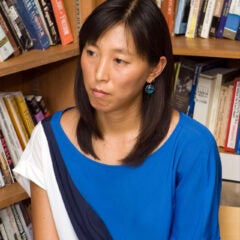
A. Naomi Paik is the author of Bans, Walls, Raids, Sanctuary: Understanding U.S. Immigration for the 21st Century (2020, University of California Press) and Rightlessness: Testimony and Redress in U.S. Prison Camps since World War II (2016, UNC Press; winner, Best Book in History, AAAS 2018; runner-up, John Hope Franklin prize for best book in American Studies, ASA, 2017), as well as articles, opinion pieces, and interviews in a range of academic and public-facing venues. Her next book-length project, “Sanctuary for All,” calls for the most capacious conception of sanctuary that brings together migrant and environmental justice. A member of the Radical History Review editorial collective, she has coedited four special issues of the journal—“Militarism and Capitalism (Winter 2019), “Radical Histories of Sanctuary” (Fall 2019), “Policing, Justice, and the Radical Imagination” (Spring 2020), and “Alternatives to the Anthropocene” (Winter 2023). She coedits the “Borderlands” section of Public Books alongside Cat Ramirez, as well as “The Politics of Sanctuary” blog of the Smithsonian Institution with Sam Vong. She is an associate professor of Criminology, Law, and Justice and Global Asian Studies at the University of Illinois Chicago, and a member of the Sanctuary Campus Network, Sanctuary for All UIC, the Migration Scholars Collaborative, and Faculty and Staff for Justice in Palestine, UIC. Her research and teaching interests include critical ethnic studies; U.S. imperialism; U.S. militarism; social and cultural approaches to legal studies; transnational and women of color feminisms; abolition; carceral spaces; and labor, race, and migration.
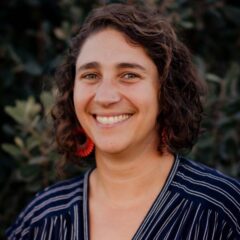
Sari Bilick (she/her) is the Organizing Program Director at Human Impact Partners (HIP), based in the Bay Area in California on unceded Lisjan Ohlone land. Sari leads HIP’s organizing work, including co-coordinating Public Health Awakened, a national network of public health professionals organizing for health, equity, and justice. She has over 15 years of experience in organizing and before joining HIP worked in labor, community, and political organizing and brings extensive experience in leadership development, training, and coalition building. Sari has engaged public health practitioners, healthcare and service workers, immigrants, tenants, domestic workers, and faith communities to take action around a wide range of economic and social justice issues. She is passionate about organizing and mobilizing communities around the issues most important to them and bringing a social justice and equity lens into all spaces.
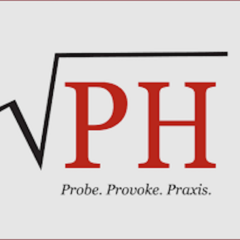
Radical Public Health (RPH) is an association of UIC students, alumni, faculty, staff, and community members that seeks to address the systemic, underlying causes of public health challenges and to consider more radical solutions.
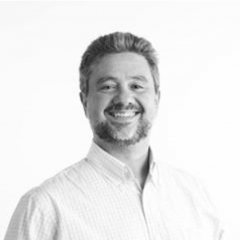
The proud son of Mexican and Italian immigrants, Leone Jose Bicchieri is the Founder and Director of Working Family Solidarity, and has worked for 30 years organizing workers and working families of all backgrounds for economic and racial justice, including farmworkers in the Northwest, poultry processing workers and chicken farmers in the Southeast, meatpacking workers in the Midwest & Plains states, janitors in Midwestern cities, & temp staffing workers in the greater Chicago area. He was national staff with the Immigrant Worker Freedom Ride, and also worked as a long-term volunteer in Nicaragua during the Contra War. Leone was recently Executive Director of the Chicago Workers Collaborative, a Chicago-based worker center, where he founded the “Bringing Down Barriers” program to unite African American and Latino temp staffing workers to win more rights at work. Leone was also a Founding Board Member of Raise The Floor, the alliance of eight worker centers in Illinois.
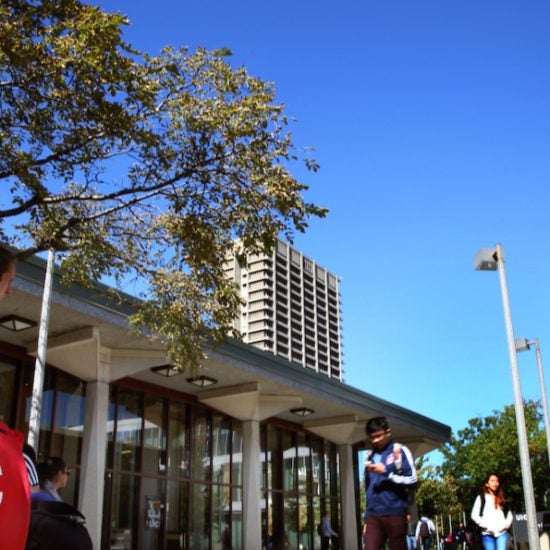
Course Contacts
Veronica Howell (TA), vhowel2@uic.edu
Video archive
Course videos
January 14 lecture
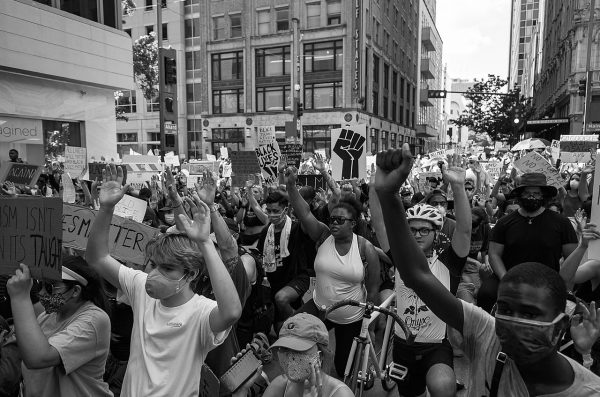
Our first course meeting focuses on “A Historical Overview of Health Inequities and Structural Racism.” Featuring Dr. Linda Rae Murray, MPH ’80, former president of the American Public Health Association.
January 21 action lab
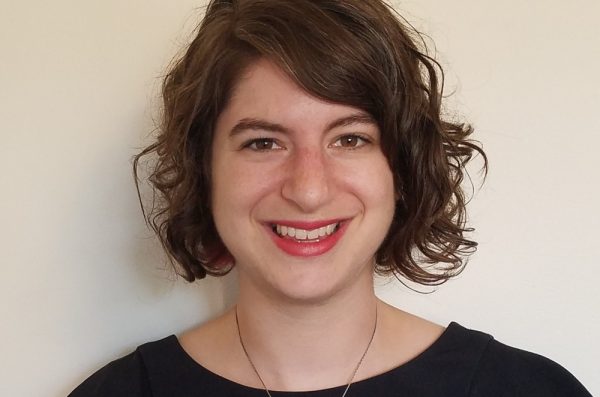
This week’s action lab focuses on facilitated discussions and consensus building, led by Anna Yankelev, MPH ’19, strategic planning analyst with the Lake County (IL) Health Department.
January 28 lecture
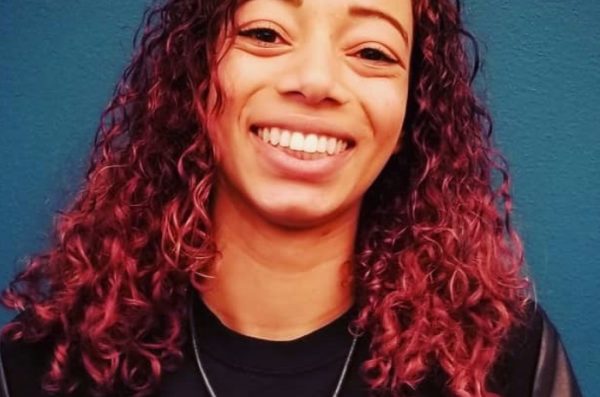
Our focus this week is “Social Capital, Privilege and Positionality.” Led by Alexis Grant, community engagement fellow at the UIC School of Public Health.
February 4 action lab
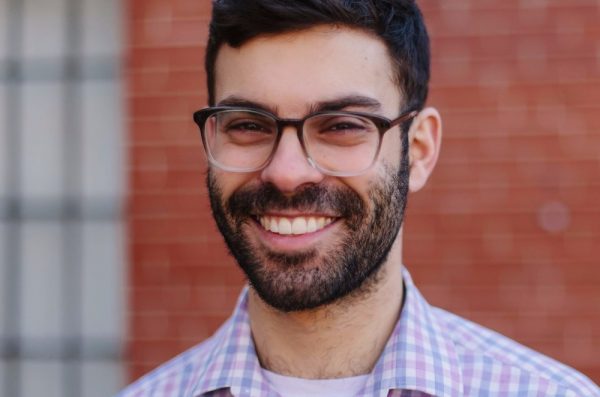
Build your expertise in “Organizing 101 and Coalition Building.” Our featured speaker is Benjamin Levenson, deputy director of Justice is Global, which works for an equitable and sustainable global economy.
February 11 lecture
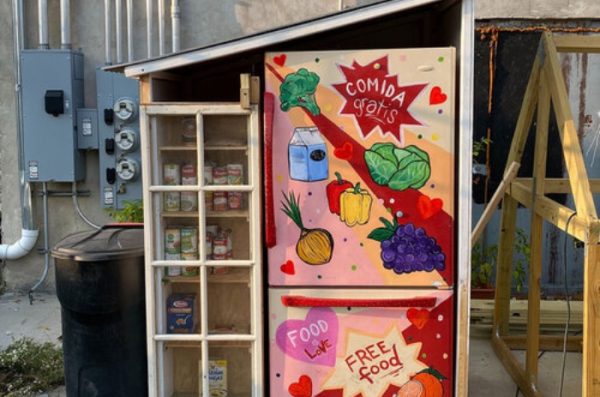
This week’s course focuses on mutual aid, led by the staff of Love Fridge Chicago, a mutual aid group grounded in food, working to place community refrigerators across the city.
February 18 lecture
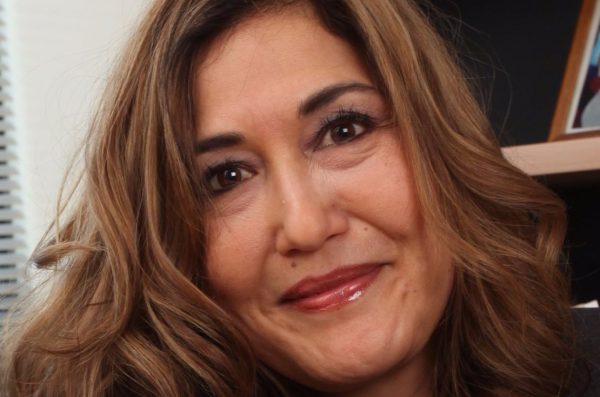
Join us for an examination of the public health implications of and solutions to evictions. Led by Susanne Soederberg, DPhil, professor of global development studies at Queen’s University in Ontario, and Frank G. Avellone, Lawyers’ Committee for Better Housing.
February 25 action lab
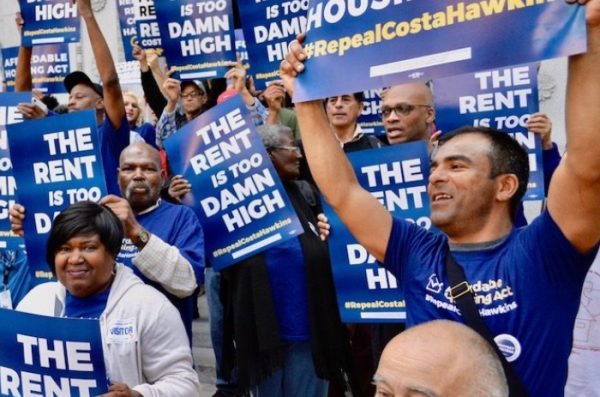
Join our panel-led action lab aimed at addressing evictions and modeling housing advocacy in public health practice. Panelists include Jon Wilson, community organizer, Dixon Romeo, Tenants Association Organizer and Tyler Zimmer, University of Chicago.
March 4 action lab
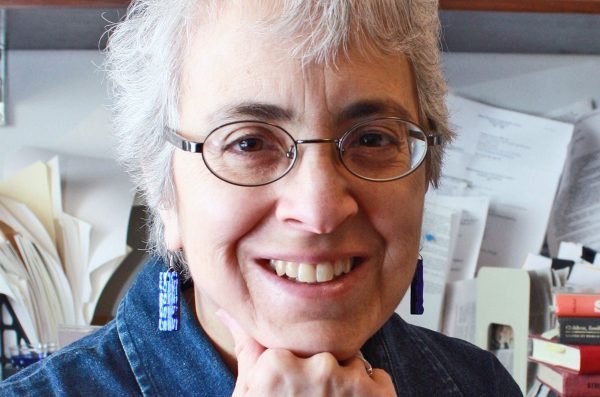
Arden Handler, DrPH, director of the UIC Center of Excellence in Maternal and Child Health, leads this week’s action lab on “Advocating to Policy Makers.”
March 11 lecture
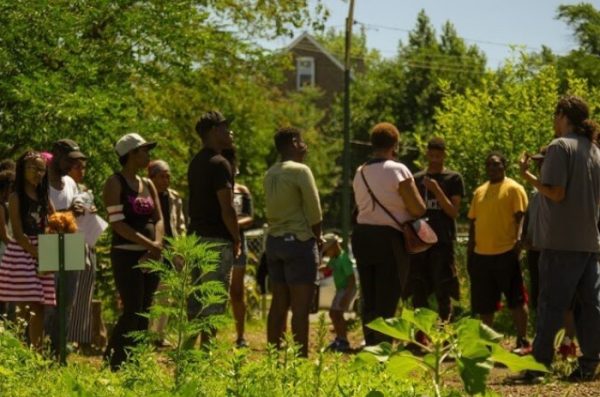
Join in as we take a look at putting policy into action, led by staff from the Chicago Food Action Policy Council, which works for policies that advance food justice and food sovereignty in Chicago and across the region.
Action lab: art as advocacy
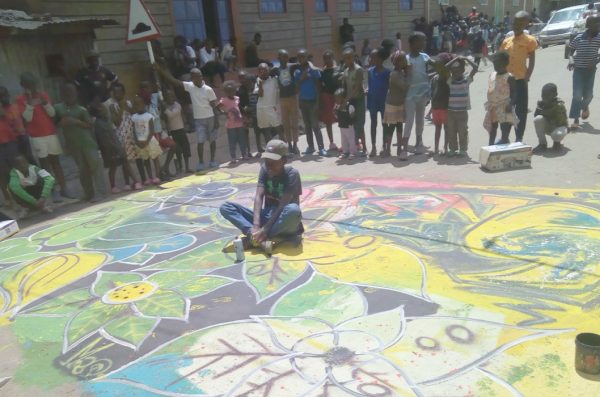
How can art be used for advocacy? Join an action lab led by Carrie Sandahl, PhD, director of UIC’s Program on Disability Art, Culture and Humanities.
Action lab: using public health data
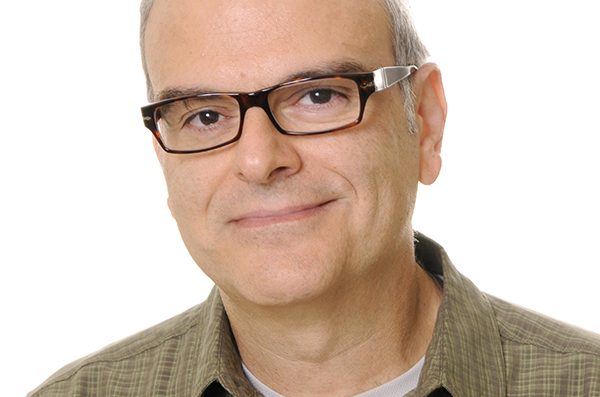
Learn how to use public health data in an action lab led by Michael Cailas, PhD, an expert in public health geographic information systems at the UIC School of Public Health.
Panel discussion: environmental justice
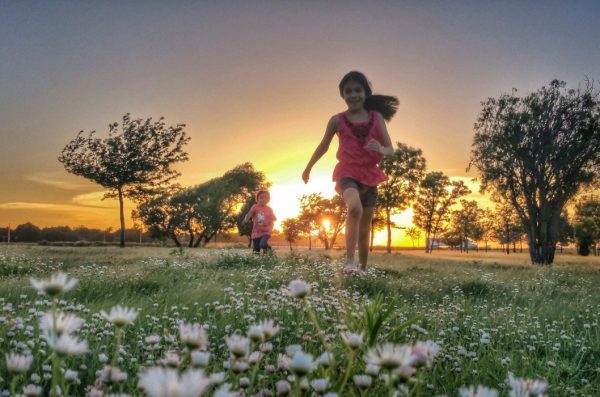
Join experts from across Chicago advocating for environmental health justice in our neighborhoods and communities for a panel discussion.
Structural racism and the disability movement
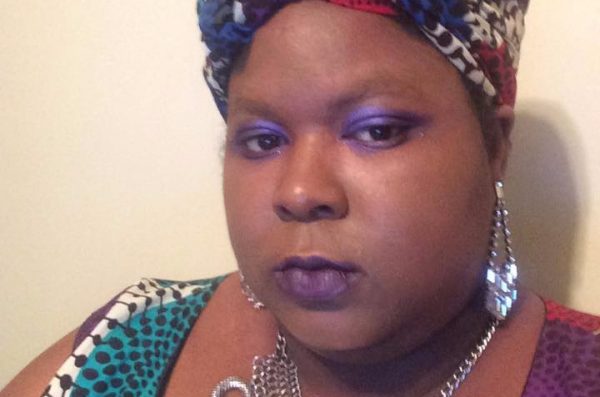
This week we take on “Fighting Structural Racism: The Disability Movement.” Led by Washieka Torres, a disability rights scholar, activist, and documentarian at the UIC College of Applied Health Sciences.
Social change in practice
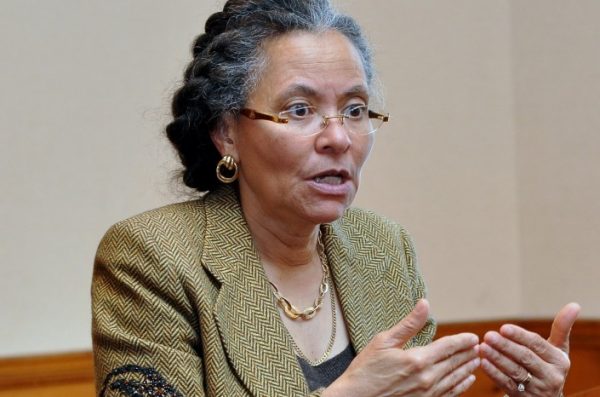
Our course series concludes with a focus on social change in practice with Camara Jones, MD, a family physician and epidemiologist whose work focuses on naming, measuring, and addressing the impacts of racism on the health and well-being of the nation.